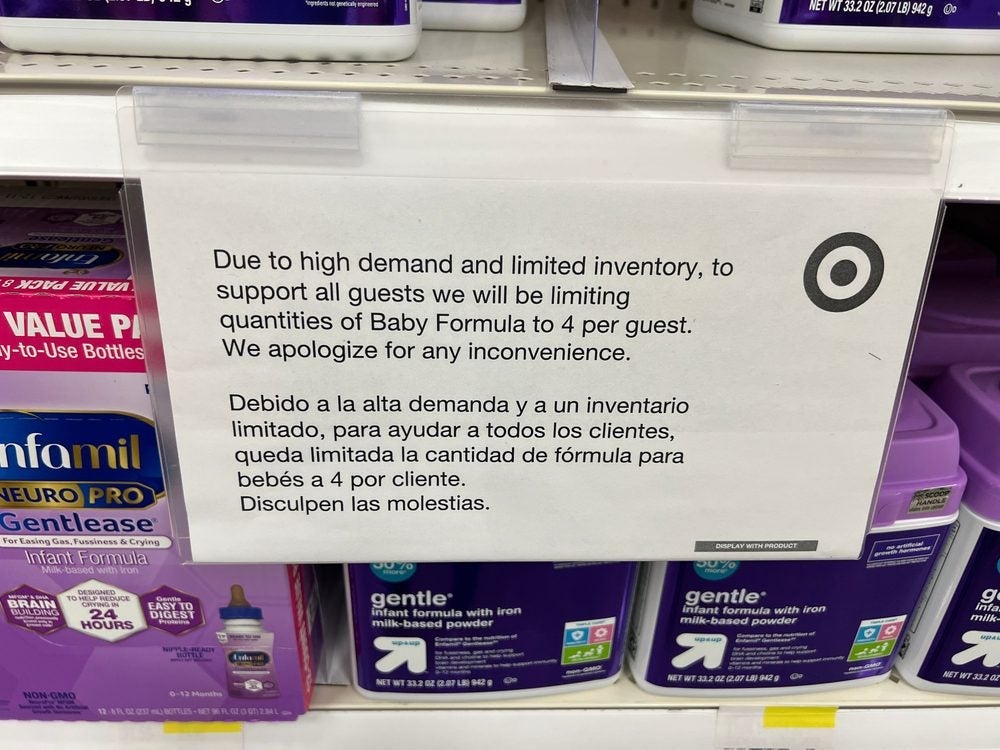RockMelt: Browser Gets Social
Another browser? Yep. But RockMelt certainly has its distinguishing features, most notably is its closer ties with social media sites. Surprisingly, it has roots in both Chrome and Netscape. (NYTimes.com)
8 Lessons from Direct-Response Advertising
Online marketers can learn a thing or eight from those direct-response campaigns on TV. Among them are the unquestionable need for customers, the importance of first words and the effectiveness of conversational copy. (KISSmetrics)
Google’s ‘Ads’ Labels Scare Off Clicks
Google recently changed its label of “sponsored links” to “ads,” and the early news is that paid clicks have seen a dramatic decline. A study found that “users receiving the ‘paid advertisement’ label click 25% to 33% fewer advertisements and correctly reort that they click fewer advertisements, controlling for the number of advertisements they actually click. Results are most pronounced for commercial searches, and for users with low income, low education, and little online experience.” (Search Engine Land)
E-mail Best Practices: Dead?
The notion of “best practices” has been watered down to nothing. For e-mail marketers to instill some renewed meaning into the term, they shouldn’t buy e-mail addresses, they should avoid e-appends and unsubscribe requests should be honored immediately, among other practices. (MediaPost)
Google Instant Previews Mean Instant SEO
Google is testing out Instant Previews, which displays small images of Web pages that turn up in search results pages, similar to what other search engines have done in the past. The most significant part of the feature might be the “Call Outs,” or the text that Google extracts from the page and shows enlarged on the thumbnail preview. (Local SEO Guide)
65% of Print and TV Ads Include a URL
According to a UK study, 65 percent of all UK print and TV advertising includes a Web address, and 80 percent of locals prefer the .uk Web address. However, this tactic might be a waste of time if the URL is hard to remember, or if brands haven’t made sure that customers will find the right site if they enter in the first few letters of the URL or brand name in a search engine. (Econsultancy)
Priceless Keyword Research Data You’re Wasting
Tools are great for keyword research, but don’t ignore the great stuff sitting right under your nose. Conducting your own research can be done by perusing e-mail communications, blog comments, product reviews, social mentions and forums. After getting a feel of your customers’ own words, analyze them with a keyword density analyzer or the AdWords keyword tool. (Search Engine Land)
3 Steps to ‘Foolish’ Online Advertising
“Foolish” here is actually a compliment. Take some cues from The Motley Fool, a site that does online advertising right. Learn from their content-driven ads, an opt-in landing page and an educational approach to selling. Remember: people actually want content. (Copyblogger)
5 Free Tools for Monitoring Brand Mentions on Facebook
If you want to stay abreast of every time your brand is mentioned on Facebook, but don’t want to spring a few extra bucks to do so, here’s your list: Facebook, 48ers.com, SocialMention.com, Trackur and Alterian SM2. (Search Engine Journal)
Google Instant’s Impact on SEM
Sponsored links have been seen to show up in the third or fourth position that appear above the one and two spots, which could potentially increase the CTR of those ads and decrease the CTR of sponsored links in the first and second positions. Also, Google Instant may increase the importance of shorter keywords, of course. Is Google Instant the company’s evil plan to raise first-page bids and increase their revenues? The answer is a resounding “No!” (Seeking Alpha)
E-commerce Roundup
Here’s a roundup of e-commerce stats to encourage and enlighten you as you ramp up your holiday efforts. (Econsultancy)
What Happens When You Search Google?
Included in this post is a quick video explaining what happens when you perform a search on Google. After the video are some brief points that you may have missed when watching the video, including the title tag, meta description, keywords and synonyms and URL. (ZDNet)
71% of Browsers Are Up-to-Date
According to a look at statistics by Pingdom, 71 percent of Internet users are running the latest, official, major version of either IE, Firefox, Chrome, Safari or Opera. Chrome has the biggest share of its users running the latest version of its browser (90.6 percent). (Royal Pingdom)
Google Replaces ‘Sponsored Links’ with ‘Ads’
After about a month of testing, Google has relabeled its “Sponsored Listings” simply as “Ads.” (Search Engine Land)
The 12-Step Program for Online Marketing
For business owners trying to get their online marketing efforts back on track, among the 12 things they need to acknowledge are that they’re powerless without SEO and that their online marketing has become unmanageable, let your SEO make a searching and fearless inventory of your site, and promptly fix issues. (Search Engine Guide)
 Network
Network

